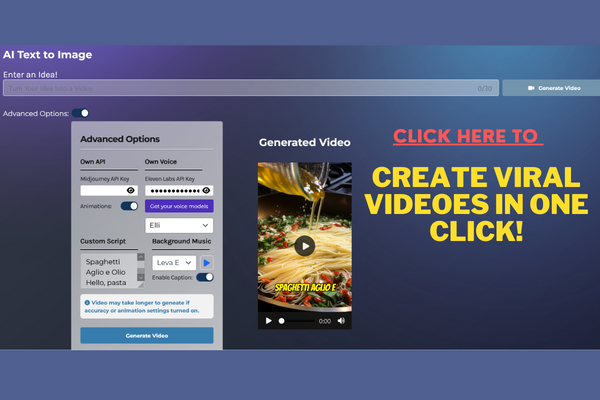
Have you ever wondered why WordPress, one of the most popular website builders out there, is divided? In this blog post, we will take an inside look at the reasons behind this division and explore how it affects both users and developers. Whether you are a seasoned WordPress enthusiast or just starting out, this article is sure to provide valuable insights into the inner workings of this powerful platform. So, grab a cup of coffee and let’s dive in!
Why WordPress is Divided: An Inside Look
Introduction
WordPress has long been the backbone of the internet. Used by millions of websites worldwide, it has become the go-to platform for anyone looking to create a website. However, the WordPress community has recently been divided, with some concerned that the platform is losing its diversity and innovation. In this article, we’ll take a closer look at why this division is happening and what it means for the future of WordPress.
The Division in the WordPress Community
The division in the WordPress community could be seen in a video discussing the topic. Many community members have expressed concerns about companies buying out other WordPress companies, reducing the diversity and innovation of the platform. Others have pointed to the rising popularity of page builders, which are replacing themes and plugins and creating a divide in the community.
Additionally, hosting companies are replacing caching plugins with their solutions, leading to potential compatibility issues. Some users even view WordPress as being primarily focused on Elementor, which could harm the platform’s flexibility and diversity.
The Rise of Page Builders
Page builders have become increasingly popular in recent years, and are gradually replacing the need for themes and plugins. This shift is causing a divide in the WordPress community, with some concerned that this will lead to a lack of diversity and innovation within the platform.
Page builders allow users to create complex layouts and designs without the need for coding skills. This has made website design more accessible to a broader audience, but it has also made it easier for people to produce websites that look similar.
However, page builders have come under scrutiny by WordPress experts. Page builders can slow down websites, make them harder to maintain, and lead to compatibility issues with themes and plugins. Many developers still prefer to use plugins, which are more flexible than page builders, and can often perform the same functions.
The Hosting Industry’s Impact
Hosting companies are also having an impact on the WordPress community. Many hosting companies are replacing caching plugins with their solutions, which can cause compatibility issues. This shift is causing some users to become concerned about WordPress’s future and where it is headed.
WordPress as a Platform for Elementor
Some users view WordPress as becoming primarily focused on Elementor, a popular page builder. This concern has led to fears that the platform could lose its flexibility and diversity. Elementor is a powerful tool that allows users to create intricate designs and layouts, but it also comes with its limitations.
WordPress’s Response
WordPress has been trying to take back its platform with block-based themes and by encouraging users to use themes again. WordPress has been using Gutenberg, its block editor, to create block-based themes that allow users to create sophisticated designs without the need for coding skills.
WordPress has also been encouraging users to use theme-based templates instead of page builder templates. This shift is aimed at encouraging innovation and diversity within the platform.
Conclusion
WordPress is a platform that has had a significant impact on the internet. However, it has recently become divided, with concerns about the platform becoming focused on Elementor and losing its diversity and innovation. The rise of page builders has also led to a division in the WordPress community. Hosting companies are also potentially causing compatibility issues by replacing caching plugins with their solutions. WordPress has responded to the division by creating block-based themes and encouraging users to use themes again. The future of WordPress remains uncertain, but it is clear that the division in the community needs to be addressed to promote innovation and diversity.
FAQs
- What are page builders?
Page builders are tools that allow users to create sophisticated designs and layouts without the need for coding skills. They can replace themes and plugins, but they also have their limitations. - Why are hosting companies replacing caching plugins?
Hosting companies are replacing caching plugins with their solutions to improve website speed and performance. However, this shift has led to compatibility issues with WordPress sites that use caching plugins. - Can page builders replace plugins?
Page builders can replace some plugins, but they also have limitations. Plugins are still preferred by many developers because they are more flexible and can often perform the same functions as page builders. - What is Elementor?
Elementor is a popular page builder that allows users to create sophisticated layouts and designs. However, some users view Elementor as becoming the primary focus of WordPress and worry that this could harm the platform’s diversity and flexibility. - What is Gutenberg?
Gutenberg is WordPress’s block editor, which is being used to create block-based themes that allow users to create sophisticated designs without the need for coding skills. Gutenberg is part of WordPress’s response to the division in the community.





